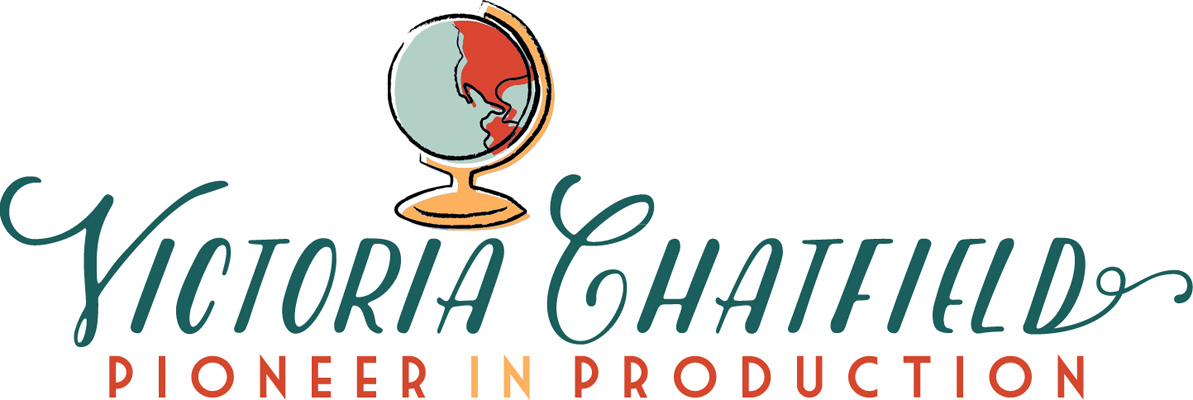I know that most Americans are tired of election coverage. They can't take one more soundbite of Donald Trump's racist/sexist/xenophobic/[insert your own brand of hate speech here] rhetoric; they cannot read one more article about Hillary Clinton's godforsaken emails. They are burying themselves inside of their Snuggies with a pint of Ben and Jerry's, and they're not coming out until Wednesday, November 9th dawns in America. I completely understand their election burnout.
But it still doesn't change the fact that this election has gotten students excited about politics in a way I've never seen before. Every morning, we let our students turn-and-talk after watching CNN Student News, so that they can discuss whatever's interesting them in current events. Usually, students turn to their partners, say something along the lines of "that pipeline thing, I guess," and then chat about their plans for the weekend or who's dating who until the buzzer goes off. (Since they're in middle school, "dating" means that they held hands on the playground. Once.) But this election cycle? Students have been completely engaged. I recently covered an English Language Arts class where we analyzed logical fallacies through recent political speeches. We watched Clinton's "Family Strong" campaign video and discussed how that was an example of plain folks rhetoric, so that our class materials could at least make a pretense of being impartial. Immediately afterwards, we read one of Trump's speeches about Mexicans. In our Title 1 school with a 100% African-American/Latino student population.
I thought that this was brilliant. It's not just that Jake (one of our eighth graders) could do an on-point Donald Trump impersonation; it's also that he was able to improvise lines of his own based on election coverage. It made me wonder if the best form of assessment in a civics class might be a student-produced version of The Daily Show or Full Frontal or even the SNL cold openings. Humor requires a deeper level of understanding than more traditional expository writing -- and it's more entertaining for fellow students to watch. (Am I the only one who wishes that I could show Last Week Tonight to my students? Then I remember that it's on HBO [with all that entails] and nope. I think that would be a surefire ticket to the unemployment line.)
This election cycle has certainly brought forth a side of our country that many of us never wanted to see -- a side that's entrenched in hatred, ignorance, and fear-mongering. However, it's also given us the most-watched presidential debate in broadcast history and possible record-breaking voter turnout. For a country that's struggled with public engagement in the democratic process, I think that we need to appreciate the silver lining that's buried deep deep DEEP inside this epic storm-cloud of an election. I'm not happy that our students are growing up in a society that's, in many ways, governed by a "basket of deplorables" -- but I am happy that they're taking an interest in how they can fix it.
0
But it still doesn't change the fact that this election has gotten students excited about politics in a way I've never seen before. Every morning, we let our students turn-and-talk after watching CNN Student News, so that they can discuss whatever's interesting them in current events. Usually, students turn to their partners, say something along the lines of "that pipeline thing, I guess," and then chat about their plans for the weekend or who's dating who until the buzzer goes off. (Since they're in middle school, "dating" means that they held hands on the playground. Once.) But this election cycle? Students have been completely engaged. I recently covered an English Language Arts class where we analyzed logical fallacies through recent political speeches. We watched Clinton's "Family Strong" campaign video and discussed how that was an example of plain folks rhetoric, so that our class materials could at least make a pretense of being impartial. Immediately afterwards, we read one of Trump's speeches about Mexicans. In our Title 1 school with a 100% African-American/Latino student population.
I thought that this was brilliant. It's not just that Jake (one of our eighth graders) could do an on-point Donald Trump impersonation; it's also that he was able to improvise lines of his own based on election coverage. It made me wonder if the best form of assessment in a civics class might be a student-produced version of The Daily Show or Full Frontal or even the SNL cold openings. Humor requires a deeper level of understanding than more traditional expository writing -- and it's more entertaining for fellow students to watch. (Am I the only one who wishes that I could show Last Week Tonight to my students? Then I remember that it's on HBO [with all that entails] and nope. I think that would be a surefire ticket to the unemployment line.)
 |
This election cycle has certainly brought forth a side of our country that many of us never wanted to see -- a side that's entrenched in hatred, ignorance, and fear-mongering. However, it's also given us the most-watched presidential debate in broadcast history and possible record-breaking voter turnout. For a country that's struggled with public engagement in the democratic process, I think that we need to appreciate the silver lining that's buried deep deep DEEP inside this epic storm-cloud of an election. I'm not happy that our students are growing up in a society that's, in many ways, governed by a "basket of deplorables" -- but I am happy that they're taking an interest in how they can fix it.






































